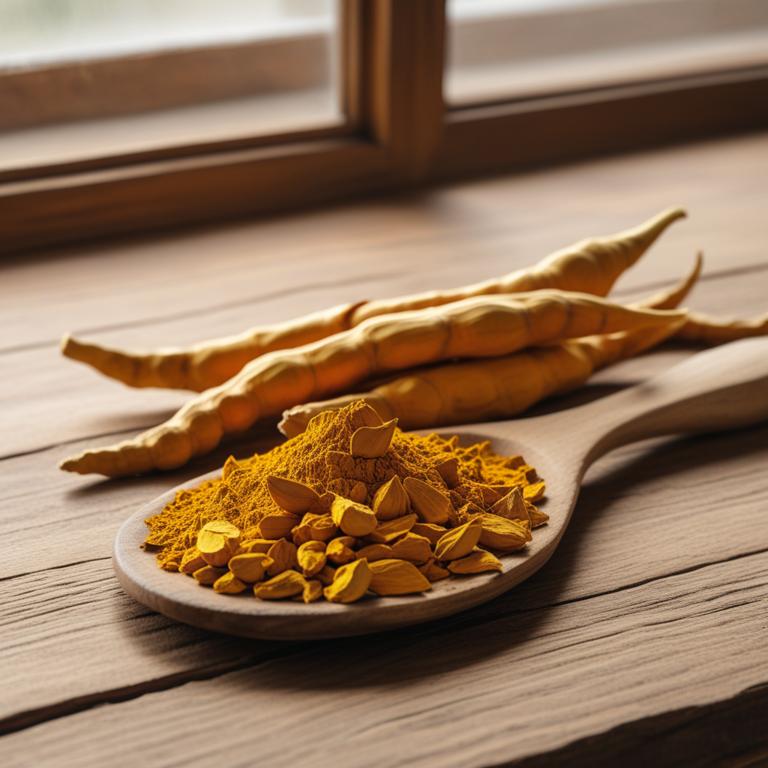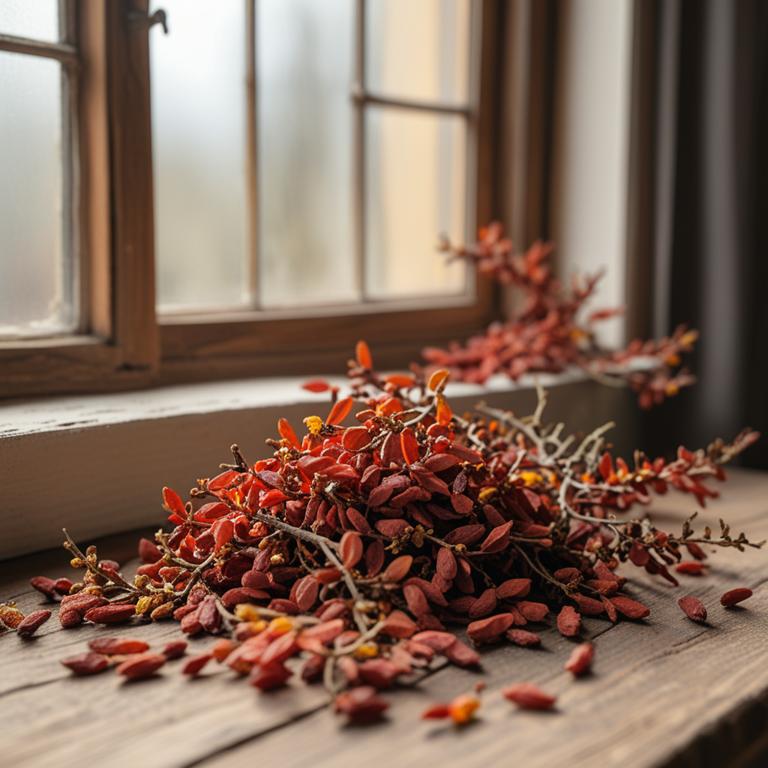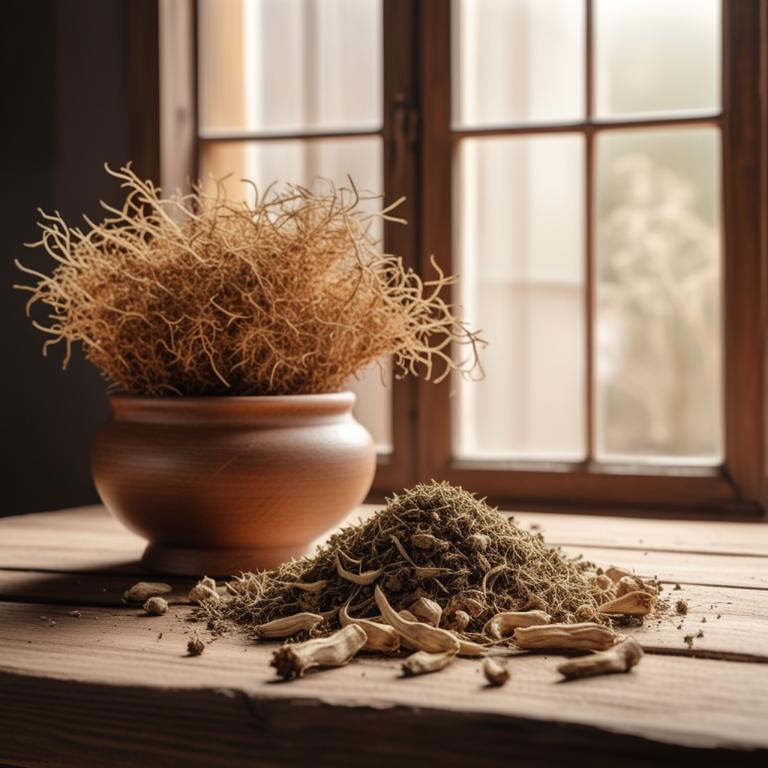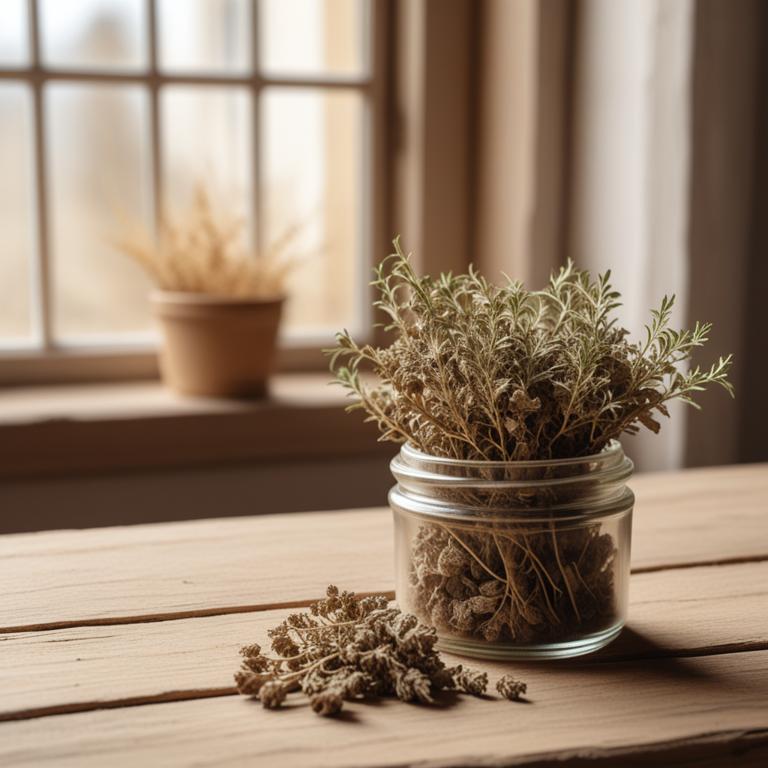Updated: Dec 1, 2024
Natural Relief for Cramps: Medicinal Herbs and Their Preparations
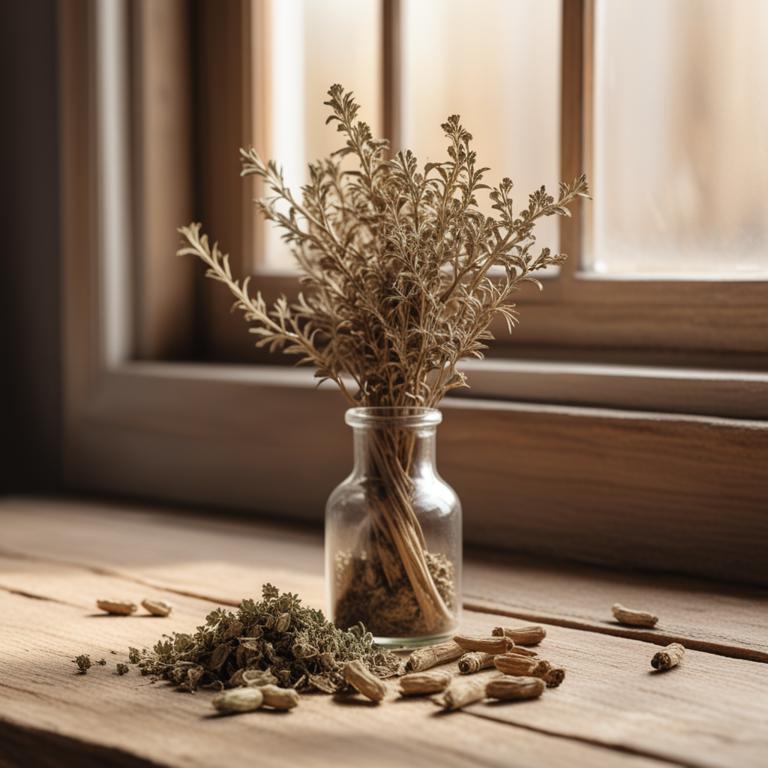
Cramps are sharp, stabbing pains that can happen in the stomach, lower back, or legs.
They can be really uncomfortable and affect your daily life, making it hard to do even simple things like walk or eat. Cramps are often caused by hormonal changes, like during menstruation, or by eating foods that are hard to digest, such as beans or cabbage. They can also be triggered by stress, lack of sleep, or certain medical conditions. For centuries, people have used herbal remedies to ease cramps.
One of the most popular herbs for cramps is ginger, which has natural anti-inflammatory properties that can help soothe the stomach and relax the muscles. Another herb, chamomile, is often used to calm the nerves and reduce anxiety, which can contribute to cramps. Feverfew, a herb that has been used for centuries to treat headaches and migraines, can also help ease cramps. To use these herbs, you can try drinking teas made from dried ginger, chamomile, or feverfew leaves. You can also take ginger in the form of capsules or eat ginger candies.
Some people also use topical creams or oils that contain these herbs to apply directly to the affected area.
Table of Contents
What are the primary causes of cramps?
The main causes of cramps are rooted in various factors that affect the body's electrolyte balance and muscle function.
Dehydration is a significant cause of muscle cramps, as it leads to an imbalance of essential minerals like sodium, potassium, and magnesium. When the body loses fluids, these minerals become concentrated, causing muscle spasms. Magnesium deficiency is another common cause of cramps. Magnesium is crucial for muscle relaxation, and a lack of it can lead to muscle contractions. When magnesium levels are low, the muscle fibers can't relax properly, causing cramps. Similarly, calcium deficiency can cause muscle cramps, as calcium is essential for muscle contraction and relaxation.
When calcium levels are low, the muscle fibers can't contract and relax properly, leading to cramps. Potassium deficiency, also known as hypokalemia, is another cause of muscle cramps. Potassium helps regulate muscle function, and a lack of it can lead to muscle weakness and cramps. When potassium levels are low, the muscle fibers can't relax properly, causing cramps. Hormonal changes, particularly during menstruation, pregnancy, and menopause, can also cause muscle cramps. Fluctuations in estrogen and progesterone levels can lead to muscle spasms, particularly in the legs and abdomen.
These factors can contribute to muscle cramps, which can be painful and debilitating.
What are the positive effects of using herbs for cramps?
Using herbs to help with cramps can be a great natural solution.
One of the main benefits is that they can help to ease pain and discomfort. These herbs can also help to relax the muscles, reducing spasms and cramping. Some herbs may even help to regulate hormones, which can play a role in menstrual cramps.
They can also help to reduce inflammation, which can contribute to cramp pain. Additionally, many of these herbs have a calming effect, which can help to reduce stress and anxiety that can make cramps feel worse. Some herbs may even help to improve sleep, which can be disrupted by cramps.
By using these herbs, you may be able to reduce your reliance on pain medication and find a more natural way to manage your cramps.
What medicinal herbs are most effective in treating cramps?

Herbs can be a great natural way to help relieve cramps.
For example, Paeonia lactiflora, also known as peony root, has anti-inflammatory properties that can help reduce pain and swelling associated with cramps. It's often used to treat menstrual cramps, and studies have shown that it's effective in reducing pain and improving mood. Another herb that's been used to help with cramps is Zingiber officinale, or ginger. Ginger has natural anti-inflammatory compounds called gingerols and shogaols, which can help reduce pain and inflammation. It's also great for nausea and digestive issues that often come with cramps. Cimicifuga racemona, or black cohosh, is another herb that's been used for centuries to help with menstrual cramps.
It contains a compound called actein, which has anti-inflammatory and pain-relieving properties. Studies have shown that black cohosh can help reduce pain and improve sleep quality. Ginkgo biloba is an herb that's often used to improve blood flow and reduce inflammation. By improving blood flow to the uterus, ginkgo biloba may help reduce cramps and other symptoms associated with menstrual cramps. Finally, Vitex agnus-castus, or chasteberry, is an herb that's been used to help regulate menstrual cycles and reduce cramps. It's thought to work by balancing hormone levels and reducing inflammation. Some studies have shown that chasteberry can help reduce menstrual cramps and improve mood.
These herbs are often used together in combination to help relieve cramps and other symptoms associated with menstrual cramps.
What are the most effective herbal remedies for cramps?
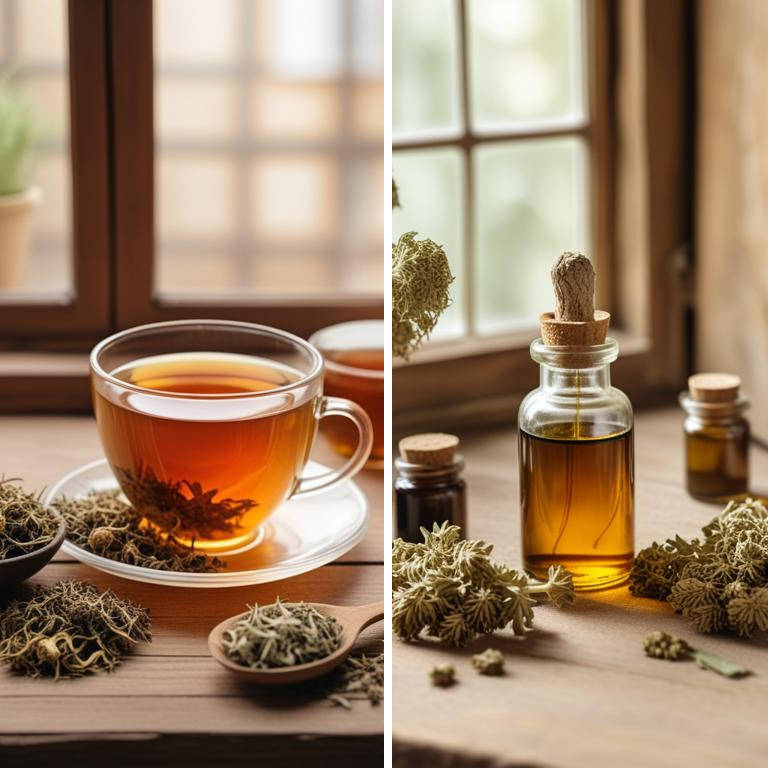
If you experience cramps, herbal preparations can be a great way to find relief.
A decoction is a strong liquid made by simmering herbs in water. This method is perfect for herbs like ginger and turmeric, which contain compounds that can help reduce inflammation and ease cramping. Herbal tea is another popular way to use herbs for cramp relief. Tea is made by steeping herbs in hot water, and it's a good way to use herbs like chamomile and lavender, which can help calm the body and mind. The heat from the tea can also help relax the muscles and ease cramping. A tincture is a concentrated liquid made by soaking herbs in a solvent like alcohol or glycerin.
Tinctures are often used for herbs like cramp bark and black cohosh, which have natural compounds that can help relax the muscles and ease cramping. Tinctures are usually taken in small amounts and can be added to water or taken directly. Herbal capsules are a convenient way to take herbs for cramp relief. Capsules are made by filling gelatin or vegetable-based capsules with powdered herbs, which can be taken with water. Herbs like chasteberry and red clover are often used in capsule form to help ease menstrual cramps. A salve is a topical cream or ointment made by infusing herbs in a carrier oil. Salves are often used for herbs like peppermint and arnica, which can help relax the muscles and ease cramping when applied topically.
Salves can be applied directly to the affected area to help relieve cramps and discomfort.
Additional Resources:
What herbs should be off-limits if you're experiencing cramps?
If you have cramps, it's best to be careful with Foeniculum vulgare, also known as fennel.
While it's often used to ease digestive issues, it can actually make menstrual cramps worse due to its ability to stimulate the uterus. This means that instead of relief, you might experience more discomfort. Angelica sinensis, or dong quai, is another herb to approach with caution. Although it's sometimes used to ease menstrual pain, its compounds can also stimulate the uterus and worsen cramps in some women. This is especially true if you have heavy menstrual bleeding or are experiencing other complications. Artemisia absinthium, or wormwood, should also be used with care.
This herb can cause uterine contractions, which can make cramps worse. Its active compounds can also interact with other medications, so it's best to consult with a healthcare professional before using it. Aristolochia clematitis, also known as birthwort, is not recommended for women with cramps. This herb can cause severe uterine contractions and even lead to miscarriage in pregnant women. Its compounds can also cause kidney damage and other serious health issues. Glycyrrhiza glabra, or licorice root, may seem like a harmless herb, but it can actually worsen cramps due to its ability to retain water and cause bloating. This can put extra pressure on the uterus and make cramps more severe.
If you have cramps, it's best to stick to herbs that are known to ease menstrual pain, such as ginger or chamomile.
FAQ
Are there any specific herbs that can prevent cramps?
Ginger has been known to help ease cramps.
It has anti-inflammatory properties that can relax the muscles. Feverfew is another herb that can prevent cramps.
It contains compounds that reduce spasms and inflammation. Both ginger and feverfew have been used for centuries to help with menstrual cramps.
They can be consumed as tea or added to food.
Is it safe to use herbal remedies for cramps during pregnancy?
Using herbal remedies for cramps during pregnancy can be a mixed bag.
Some herbs, like ginger, may help ease cramps, but others, like pennyroyal, can be toxic to the fetus.
If you're considering trying herbal remedies, make sure to do your research and only use well-established, safe options under a licensed practitioner's supervision.
Are there any herbs that can reduce the frequency of cramps?
Some herbs may help reduce the frequency of menstrual cramps.
Ginger, in particular, has anti-inflammatory properties that can ease pain and discomfort. Peppermint oil can also help relax the muscles and reduce cramping.
Some women find relief from cramps by drinking ginger tea or taking peppermint oil capsules.
Related Articles
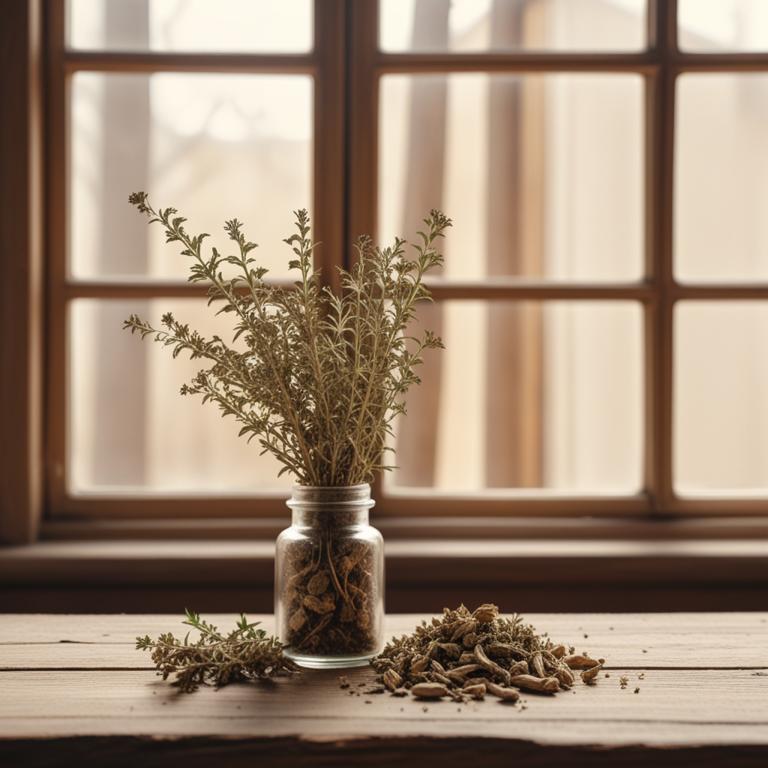
Knee Pain: A Comprehensive Guide to Medical Causes and Herbal Solutions
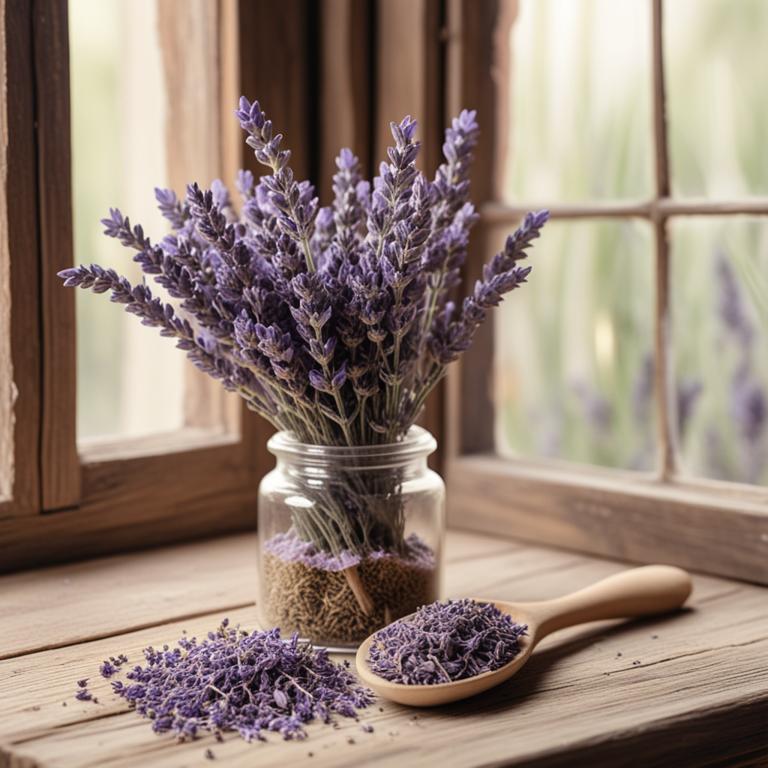
Jaw Clenching and Bruxism: Causes, Medicinal Herbs, and Herbal Preparations
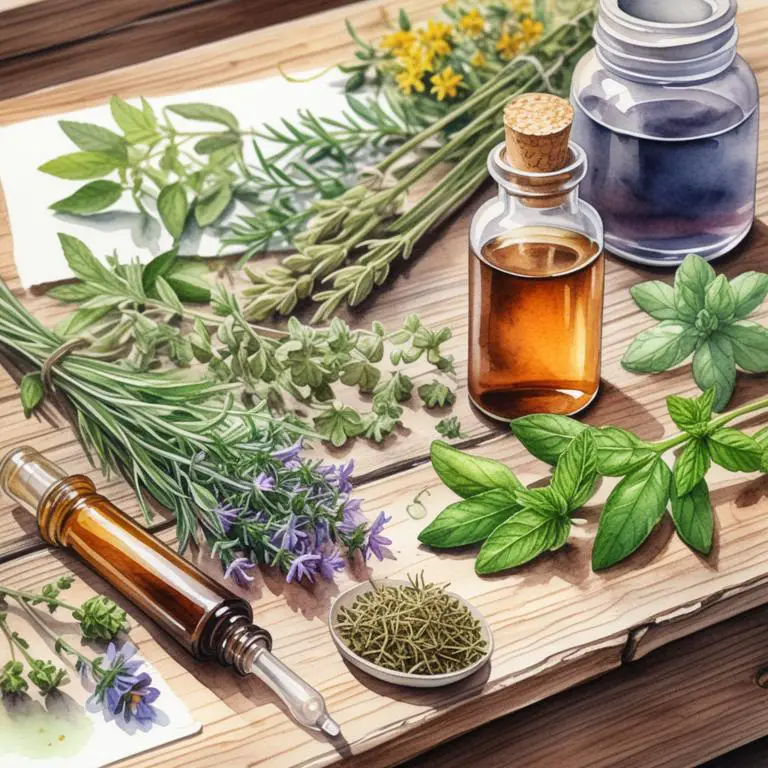
Natural Stiff Neck Remedies: Causes and Herbal Preparations
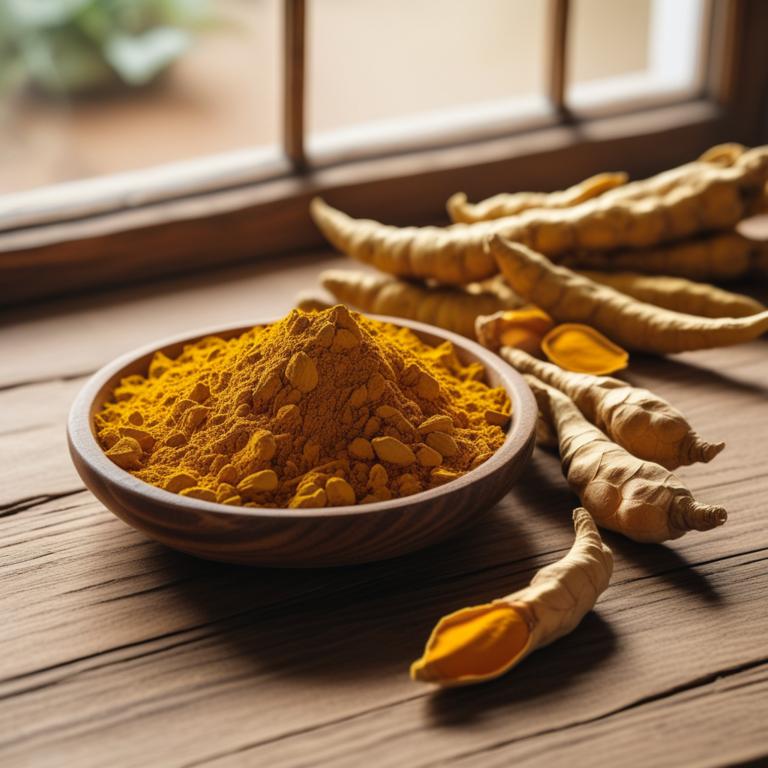
Causes, Symptoms, and Herbal Preparations for Plantar Fasciitis
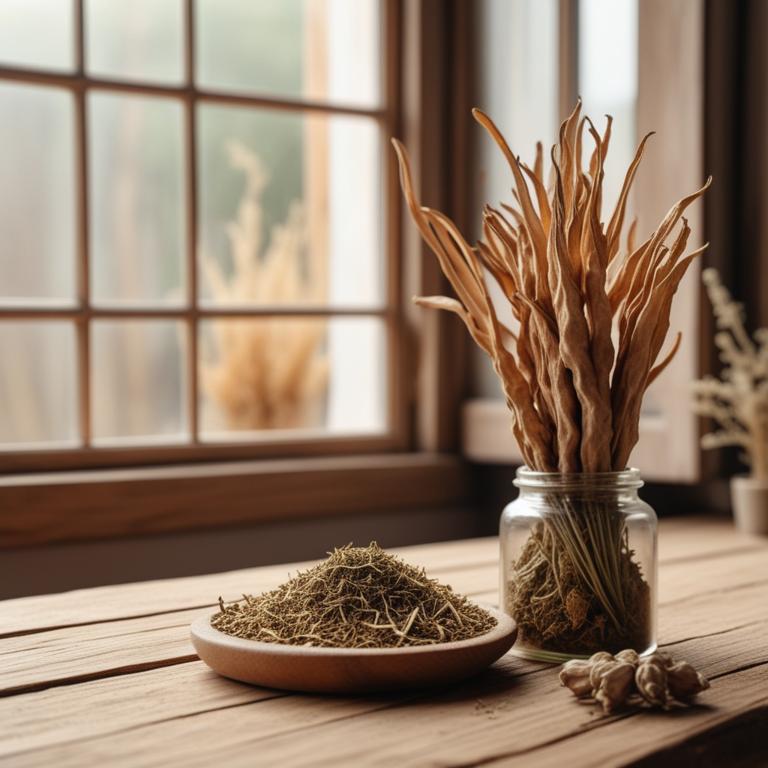
Osteoporosis: Exploring Causes, Medicinal Herbs, and Herbal Preparations
